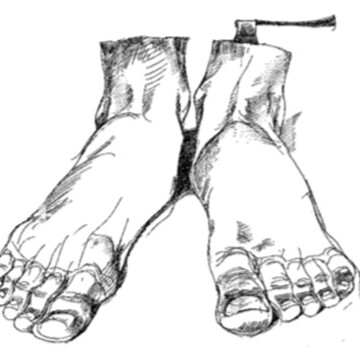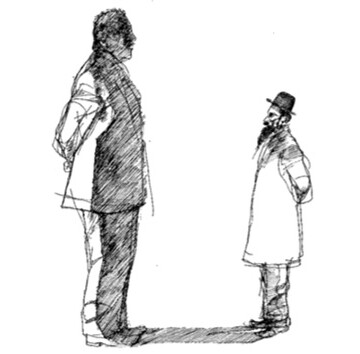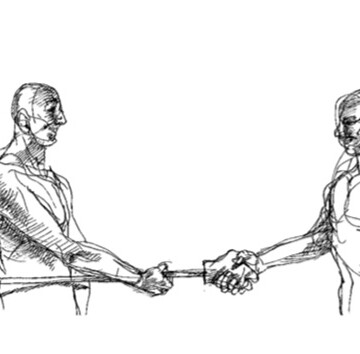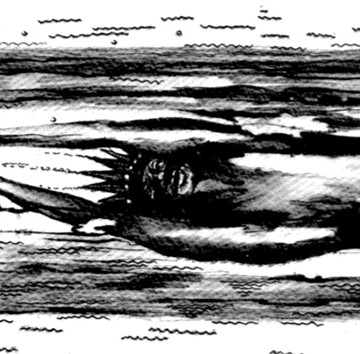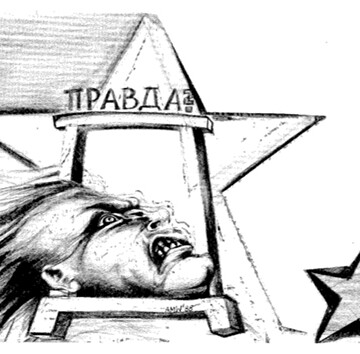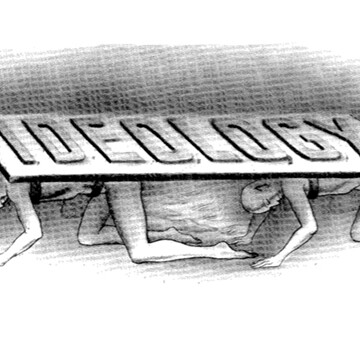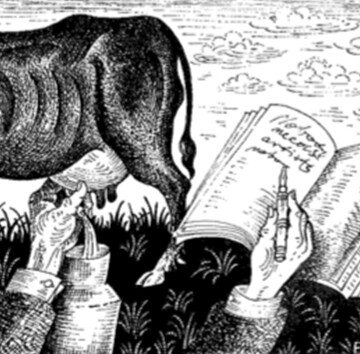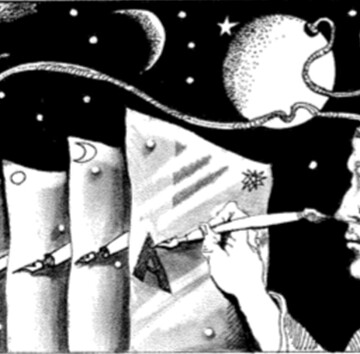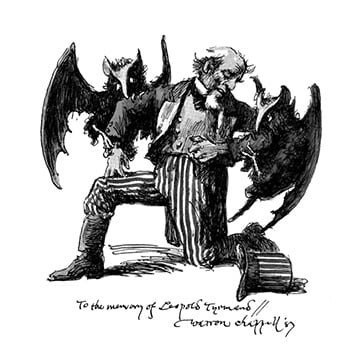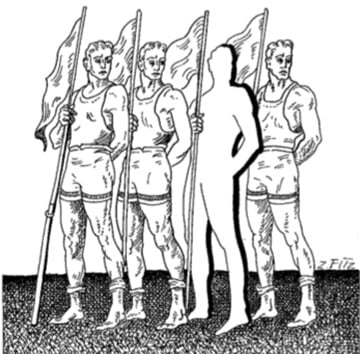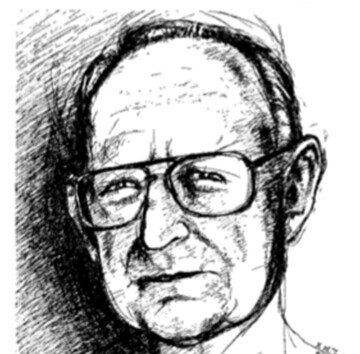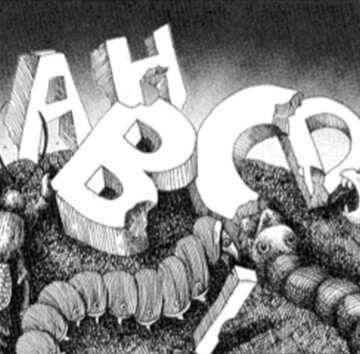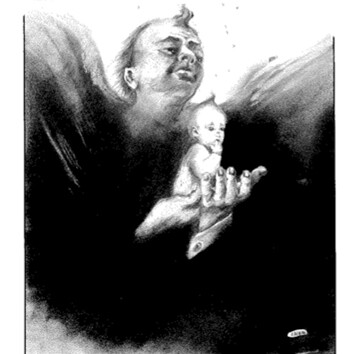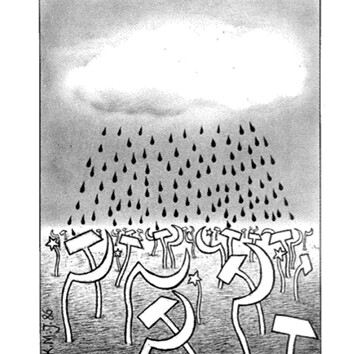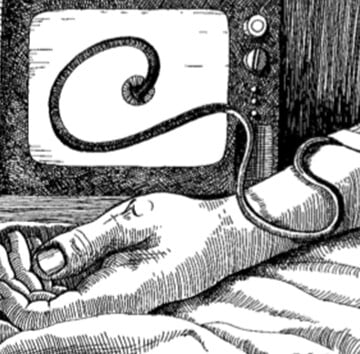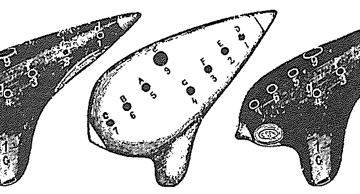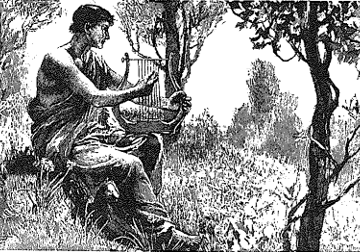A nation lives by its myths and heroes. Many societies have survived defeat and invasion, even political and economic collapse. None has survived the corruption of the picture it has of itself. High art and popular art are not in competition here. Both may and do help citizens decide what they are and admire. In...
Category: View
High Times: The Late 60’s in New York
As 1969 rolled around and the decade was ending, I was six years old and living in a temperate Southern city a thousand miles from New York. Conflict came from wanting to stretch my feet into my brother’s half of the backest-back of our fake wood-sided turquoise station wagon; Vietnam had no meaning for me....
South Africa
Everybody knows somewhere inside him that South Africa, since 1984, and really for a generation, has been a set piece in the bloody farce we call “revolution.” The one-sidedness of the farce betrays our unacknowledged unease: except for a classic article in Commentary by Paul Johnson and a few other pieces, not a word has...
An End to the Political Pilgrimage?
Are political pilgrimages a matter of history, or has the phenomenon survived? If so, in what form? Some reference to these questions has been made in the preface to the (1983) paperback edition of my book Political Pilgrims, but the years that have passed since then call for further reflections on this matter. History has...
Israel
There is a revolution underway in Israel—an upheaval that has nothing to do with rioting Palestinians, a burgeoning Arab birthrate, or Islamic fundamentalism. Like the movement that gave birth to the United States, this is a revolution in the name of tradition. Perhaps counterrevolution would be a more precise term. Its leaders are orthodox rabbis...
The USSR
I can’t remember the last time I was in an airport waiting for luggage along with a flight from Managua. Welcome to Sheremetyevo Airport, Moscow. The passport control soldier was in a glass-enclosed booth with a large shoulder high shelf that hid his checklists. He could look at the calibrations painted on his window to...
The Caribbean
For Albert Camus, the French Revolution initiated the modern age, killing God in the person of His representative on earth, the monarch. After which “Utopia replaces God by the future,” as Camus nicely phrases it in L’Homme Revoke. God’s anointed could no longer justify arbitrary action in this world by divine transcendence, and man (read...
Voices: An Excerpt From ‘Entered From the Sun’
“Are you acquainted with Christopher Marlowe?” “The poet?” “The same.” “I am surprised you do not speak of him in the past tense. He has been dead for some while.” “Since May of ’93, as it happens.” “Well, then,” Hunnyman tells the young man. “At that same time our company was performing in the North.”...
Digging For Truth in Pravda
I confess—I know Russian. This ability has been causing me a lot of irritation lately. I have been bombarded with questions from people who don’t know the language, about what is really going on in Moscow now. In my answers, in order to be absolutely unbiased, I always rely on “Pravda.” I mean not just...
Solzhenitsyn: The Russian Liberal
When an influential group of American intellectuals, liberals and neoconservatives alike, unites against one man, a Russian scribbler at refuge in a New England town, there ought to be something big at stake. Their own explanation is that Aleksandr I. Solzhenitsyn is a reactionary, a social conservative, an anti-democrat, a 19th-century romantic or paternalist, a...
Andrew Lytle Talks
Andrew Lytle lives in a log house on the Assembly Grounds in Monteagle, Tennessee. It is a busy area in summer, but in the wintertime most of the other houses are closed, and he has few immediate neighbors. The house is built on a cross plan and has somewhat unusually high ceilings. Most often Mr....
George Garrett Talks
This interview took place on September 18 and 19, 1985, at Garrett’s house in Charlottesville, not far from the University of Virginia. It is a sizable stone house, rented, with most of the available wall space covered with hastily erected brick-and-board bookcases. Not quite settled yet, Garrett and his wife, Susan, joked about how they...
Tyranny and Sloth
When I say that I thank you for asking me here to speak to you, that I thank you I am here, I have to confess that I am flying in the face of the latest status ritual practiced by many of my colleagues in the scribbling professions. The latest thing, as you may already...
State of the Literary Essay
As a literary form, the essay was once thought to be doomed as the novel is said to be in its perennially announced demise. The familiar essay, in particular, brought to its classic perfection by Charles (“Elia”) Lamb in the early 19th century, still finds some continuity today in our many personalized newspaper columns and...
Advice to a Postulant-Professor
If I could tell every first-year graduate student in America one thing, it is this: The campus is not a calling, it is just another career. If university teaching serves your purposes, come and join us. If not, follow your star in a different firmament. In graduate school, learn in order to sell your knowledge...
Why I Am Not ‘Conservative’
Like most sociologists, I am conservative in the sense that I believe in the existence of barely perceived social mechanisms—mechanisms that satisfy the deep physiological, psychological, and cultural needs. This sociological world view contains a conservative element: the belief that a sufficiently great attempt to alter society will introduce more unintended, and undesired, consequences than...
With Laurel: For Andrew Lytle
What makes it so appropriate that Andrew Lytle should receive the Richard M. Weaver Award for Scholarly Letters is that Mr. Lytle is one of the gifted people who inspired Dick Weaver’s career as what he called “an Agrarian in exile.” Moreover, an essay on the reissue I’ll Take My Stand was among the last...
A Child’s Joke: A Story
The sea, warm and quiet, lay in front of me. Dusk was falling, and there was a strong smell of brine and kelp in the air. I was sitting on a piece of a ruined ancient column on the shore of the Black Sea and couldn’t quite believe that just a few hours earlier I...
‘Timing Is the Thing’
Which is more important: to know history well or to use what history you know in making important decisions? With some hesitation (since one is a trained historian), the authors of Thinking in Time decide for the latter. In a comparison between Harry Truman’s and George Marshall’s ability to learn from history, the authors side...
The Grandfather With the Tear-Gas Foundation Pen
Hard by the railroad station at the Michigan town of Plymouth there stands a bungalow so huge as to be almost majestic, now a kennel for well-bred poodles. There I was born, in 1918. The house—which belonged to my grandfather, Frank Pierce—was one of the earliest of prefabricated dwellings, purchased from Sears, Roebuck, and Company,...
The Magnificent Tarkington
The Midwest is a lucky place for an American novelist to be from. Sinclair Lewis, Sherwood Anderson, and Theodore Dreiser all made good money by holding up their native region to international ridicule, while Hemingway and Fitzgerald did even better by simply escaping to the East and eventually to Europe. Both, it is true, set...
The Truth in Stereotypes
The stereotype is in disrepute. The word is often defined in purely negative terms. Some definitions construe the stereotype as necessarily possessing the negative charge that does, indeed, energize many stereotypes. Other definitions see as inseparable from the stereotype the inappropriate application of the stereotype to those members of the stereotyped group who do not...
The Anatomy of Clichés
Let me begin by paying tribute to the Unimaginative Man without whose clichés words would have only one-the correct-meaning. (This is at least what my professor of linguistics in Brussels taught us: There are no synonyms; every word has a distinct meaning.) Picture yourself in a world without the Unimaginative Man: History would come to...
Fad Fatherhood
Participatory fatherhood. Shared parenting. The new American dad. By whatever name, the phenomenon has been two decades in the making, and we should have seen it coming. The self-centeredness of the 60’s ran headlong into the feminist harassment of the 70’s to create the Father of the 80’s: sensitive-and sensitive to his sensitivity; aware—and aware...
And the Kennedy KGB Handed Out Hot Soup
It was now the beginning of the seventh year of the genocidal invasion of Afghanistan. To many Americans it appeared that the war would never end, not until the entire population of Afghanistan was either dead or in exile. Some Americans thought it was time to do something about Soviet imperialism, especially since a good...
Renaissance in Education
When I accepted President Reagan’s appointment to be chairman of the National Council on Educational Research, I did so because I welcomed the opportunity to learn firsthand how professional bureaucrats approached America’s many and increasingly serious educational problems. After some time spent at my appointed task, I realized that bureaucrats were not capable of solving...
The Ideological Temptation of the Media
There have been, in recent decades, two focal points around which radical, utopian ideologies could concentrate. As a result, these two focuses-labor unions and youth-were surrounded by a veritable cult, and they acquired power, both political and cultural, even though the second of the two focuses was not, as such, organized, let alone structured. Power...
East-West Talks in Vienna
The title of these reminiscences avoids the word “negotiations,” because the latter implies some form of compromise. During my service as head of the U.S. delegation to the Mutual and Balanced Force Reduction (MBFR) talks in Vienna during 1981-83, I learned that the East does not operate on the premise of “give and take” and...
Music: A Nation’s Art
Zoltan Kodaly: Psalmus Hungaricus; Hungarian Rondo; An Ode; Budapest Philharmonic Orchestra and the Hungarian Radio Chorus; Conducted by Árpád Joó; Sefel; Park Ridge, NJ. Zoltan Kodaly: Missa Brevis; Te Deum; Budapest Philharmonic Orchestra and Hungarian Radio Chorus; Conducted by Árpád Joó; Sefel; Park Ridge, NJ. Zoltan Kodaly: Peacock Variations; Symphony; Budapest Philharmonic Orchestra and Hungarian State Concert Orchestra; Conducted by Árpád...
Screen – Burn Out
Streets of Fire; Directed by Walter Hill; Written by Walter Hill and Larry Gross; Universal. Streets of Fire has what is either a subtitle or a disclaimer: A Rock & Roll Fable. Moreover, as the movie opens, a title on the screen advises the viewer that he’s viewing “Another Time, Another Place … ,” which, of course, provides the...
Screen – Firecracker
Moscow on the Hudson; Directed by Paul Mazursky; Written by Paul Mazursky and Leon Capetanos; Columbia Pictures. Is Bloomingdale’s quintessentially American, the paradigm of of this country in the late 20th century. Hollywood leads us to believe that it is so. First there was Madison (named after the avenue) the mermaid in Splash learning how...
Screen – Groveling to Glory
Roman Polanski: Roman; William Morrow; New York. Roman Polanski on his favorite subject: “My friends and family … came to regard me as a buffoon. Ever eager to amuse and entertain, I assumed the role with good grace. I never minded. Polanski could use the same words to describe his career as film director. Despite...
A Family Affair
One of the little-remarked phenomena of modern popular music is the fact that the familial tradition evident 1930’s, 40’s, and 50’s (e.g. the Mills Brothers, the Andrews Sisters, Steve and Edie) continues on. Merciful impulses insist that the Partridge Family and Sonny and Cher are expunged from consideration. The Davies brothers, Ray and Dave, of...
Post-Modern Muzak
One of the deleterious aspects of enclosed shopping malls is the audible environment–not the sounds of shoppers shouting, scuffling, and struggling about, around, and over imaginary bargains, but the ever-pervasive schmaltz that fills the air. There are the standard packaged long-playing tapes that the large department stores utilize; the always-too-loud FM radio that teen-oriented boutiques...
Notables – Construction Notes
Given simply the title of J. M. Coctzee’s most recent novel, Life & Times of Michael K (Viking Press; New York), it is clear that this is an adventure in Kafka land, which literary land developers (novelists, critics, and those taking classes that will qualify them to peddle space) have been clearing, bulldozing, excavating, and building...
Constructive Criticism — Sometimes
Sidney Hook: Marxism and Beyond; Rowman and Littlefield; Totowa, NJ. Sidney Hook’s latest book is largely a collection of previously printed articles and reviews; but it is nevertheless another interesting contribution to American intellectual life and a worthy companion to such works as Political Power and Personal Freedom. Hook remains an astute observer and an...
Music – Do, Re, Me, Me, Me
Ned Rorem is a composer. And a Pultizer Prize (1976) winner at that. He is also his own favorite subject: listed among his titles are The Paris Diary of Ned Rorem, with which he started his career as a writer in 1966, and The New York Diary (not A), both of which will soon see fresh...
Music – First-Timers & Second Stingers
“Movie music!” is the exclamation of recognition that newcomers often make upon first hearing classical music. They seem as delighted with this discovery as was Moliere’s Middle-Class Gentleman when he realized he had been speaking prose all his life. One tries not to wince noticeably when explaining to a neophyte that William Tell rode long...
Solzhenitsyn and Democracy
The name of Aleksandr Solzhenitsyn has fallen on hard times. My many public lectures on this author convince me that his sympathetic admirers are legion, but even these admirers are troubled that the press commentary on him seems to be fairly consistently negative. While almost all of his Western critics allow that Solzhenitsyn is a...
Russia’s Bloody Gold
‘Lasciate ogni speranza” -Inferno, by Dante Alighieri The history of gold mining in Russia—a record of the greatest abuses of human rights ever perpetrated—has seldom been told. The use of slave labor in state-owned Russian mines goes back to the 19th century, when Lithuanian, Polish, and Ukrainian patriots who rebelled against Russian occupation were put...


